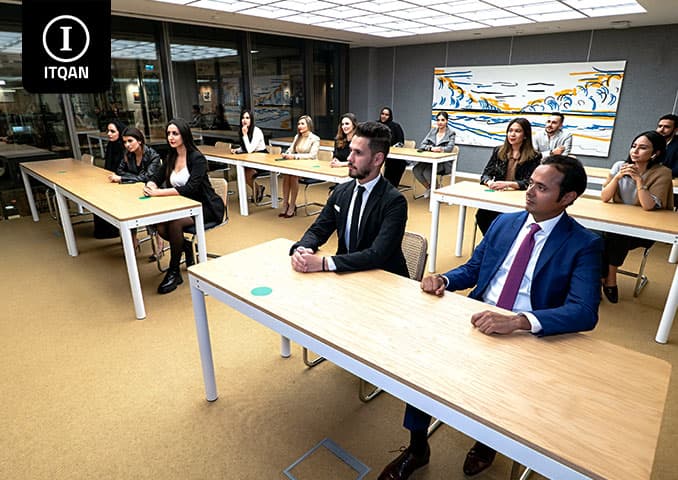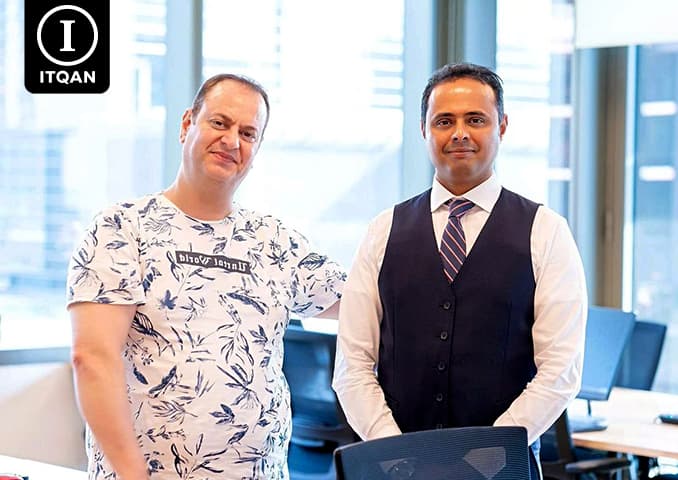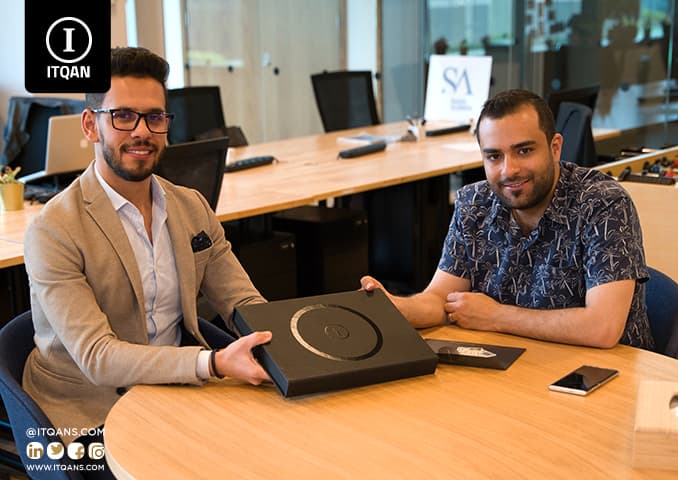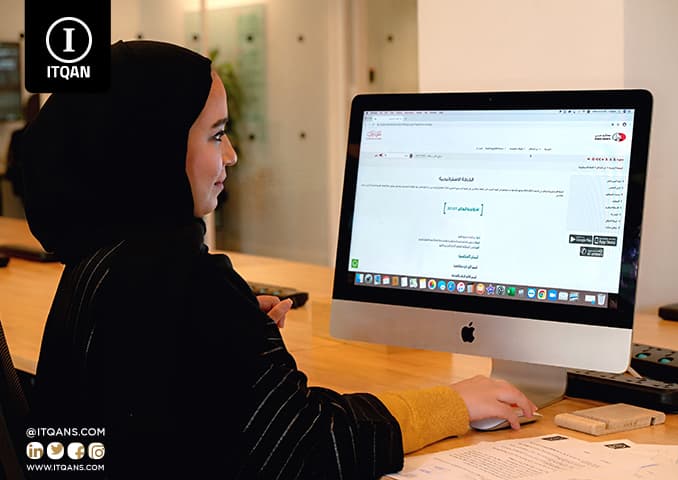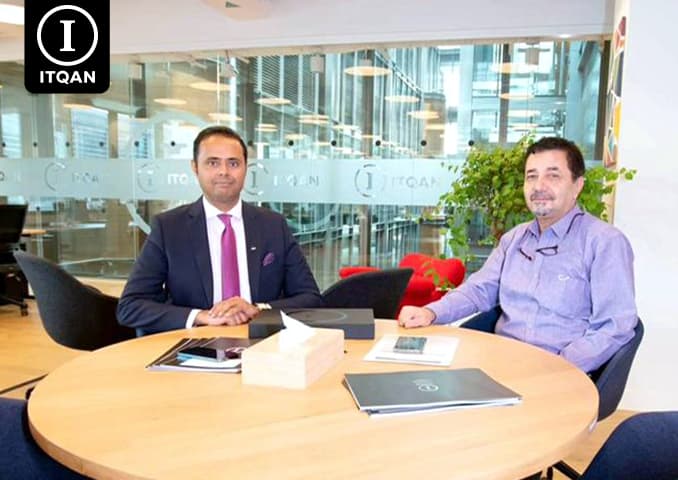Dubai is one of the most prominent global destinations that attract investors and businessmen, and is distinguished by providing an ideal environment for establishing companies. Among the available options, Dubai free zones stand out as a preferred choice for new and emerging companies thanks to the unique benefits and innovative facilities they offer. Establishing a company in the Dubai Free Zone offers many opportunities and privileges that make it a strong attraction for businesses from all over the world.
Dubai’s free zones provide a stimulating business environment characterized by attractive tax exemptions, where companies can benefit from complete exemption from corporate tax and personal income tax. In addition, these zones provide complete freedom of ownership to foreign investors, enhancing their ability to fully control their company’s operations without the need for a local partner.
The procedures for establishing a company in free zones are easy and quick, as new businesses can quickly begin their business operations thanks to simplified procedures and limited administrative requirements. The advanced infrastructure in these areas includes offices and logistical facilities at the highest level, which contributes to enhancing operating efficiency and achieving commercial goals effectively.
Companies in the free zones benefit from Dubai’s strategic location as a global business hub, which facilitates access to international markets and enhances opportunities for expansion and growth. The advantages of Dubai’s free zones, such as business facilities and tax concessions, make it a strategic choice for a wide range of commercial activities, from small to large companies, enhancing its position as an ideal destination for establishing a business.

جدول المحتوى
ToggleHow to establish a company in the Dubai Free Zone
Establishing a company in the Dubai Free Zone requires following a series of structured steps to ensure compliance with local laws and obtaining all necessary permits and licenses. Here are the steps to establish a company in the Dubai Free Zone:
- Determine the type of activity and company: Determine the type of business activity you wish to practice and the type of company (limited liability company, sole proprietorship, or joint stock company).
- Choosing a free zone: Choose the appropriate free zone based on your type of activity and business needs. There are several free zones in Dubai such as Jebel Ali (JAFZA), Dubai South, and Dubai Healthcare City.
- Preparing the required documents: Collect the necessary documents such as passports, personal photos, business plan, certificate of incorporation, and office lease contract.
- Apply for a license: Submit an application for a commercial license from the responsible authority in the chosen free zone. The application includes information about the type of activity and company.
- Preparing articles of association and legal agreements: Prepare and sign articles of association and legal agreements with the local partner or other shareholders if necessary.
- Medical examination and insurance procedures: Pass the medical examination of company employees if required, and prepare health and company insurance according to the requirements of the free zone.
- Open a company bank account: Open a bank account in the company’s name at a local bank to facilitate financial operations.
- Receiving the license and certificates: After approval of the license application, receive the commercial license and other certificates necessary to practice your activity.
- Company registration and compliance with requirements: Register the company with the competent authorities in the free zone, and comply with all legal requirements such as taxes and insurances.
- Setting up an office and operating the company: Rent an office or commercial space within the free zone, and start operating the company according to the business plan.
- Recruiting employees: If you need employees, hire them and apply for work visas in accordance with applicable laws.
Documents required to establish a company in a free zone
To establish a company in a free zone in Dubai , you need to submit a set of basic documents to complete the registration and licensing process. The required documents may vary slightly depending on the type of company and the type of free zone, but in general, they include the following:
- Valid passport: Shareholders and directors must submit copies of their valid passports.
- Personal photographs: Recent personal photographs of shareholders and directors must be submitted according to the required specifications.
- Memorandum and Articles of Association: The memorandum and articles of association include details about the legal structure of the company, shareholders, directors, and the objectives of the company.
- Business Plan: May require submitting a detailed business plan outlining the nature of the business, growth strategies, and estimated budget.
- NOC: If shareholders or directors work elsewhere, they may be required to provide a NOC from their current employer.
- Company Address: You need to provide a document proving the address of the company’s scheduled office, which may be a lease contract or leasing document.
- Previous licenses (if existing): If the company is existing and moving its activity to a free zone, relevant licenses and documents must be submitted from the previous local authority.
- Power of Attorney: If there is a legal representative or agent acting on behalf of the founders, an approved power of attorney or power of attorney document must be submitted.
- Documents proving commercial activity: such as contracts or documents proving the nature of the commercial activity that the company intends to practice.
- Medical Examination Report: A recent medical report may be required for founders and key employees, which is a requirement for some free zones.
- Insurance documents: Documents proving the existence of health insurance and commercial insurance covering risks related to commercial activity.
Types of companies that can be established in free zones
Here is a table showing the types of companies that can be established in Dubai’s free zones, with details about each type:
| Type | the details |
|---|---|
| Limited Liability Company (LLC) | A common type of company in free zones, where partners bear liability only to the extent of their capital contributions. |
| Sole proprietorship | A company owned by one individual who is solely responsible for all financial decisions and obligations. |
| Partnership company | It consists of two or more partners who participate in managing the company and distributing profits and losses. |
| Private joint stock company | It consists of a limited number of shareholders, its shares are not listed on the stock exchange, and it is characterized by limited shareholder liability. |
| Limited Liability Company (SLL) | It is similar to an LLC but requires approval from the free zone authority for special details, such as distribution and taxes. |
| holding company | A company that owns shares in other companies and has the power to manage subsidiaries and profit from investments. |
| Limited Liability Company (LLP) | A corporation that allows a partnership without holding the members entirely personally liable for the debts of the business, thus providing legal protection to the members. |
| Subsidiary company | A company wholly owned by a parent company, created to expand the activities of the parent company in the free zone. |
| Joint venture company | A partnership between two or more companies to create a specific project, where the parties cooperate to achieve common business goals. |
| Establishment company | A company that provides integrated services, such as administrative, logistical, or consulting services, to support commercial activities in the free zone. |
Each type of company differs in terms of legal structure, responsibilities, and privileges, allowing for a variety of options to suit different business needs and objectives in Dubai’s free zones.
Costs of establishing a company in free zones
Establishing a company in Dubai’s free zones requires considering several various costs. Basic costs usually include:
- License fees: This includes the cost of issuing a commercial license from the authority supervising the free zone. Fees vary depending on the type of activity and the size of the company.
- Office Rent: The cost of renting office space or commercial space within the free zone. There may be flexible options such as shared offices or private offices.
- Incorporation and registration fees: These include the costs of registering the company, preparing legal documents, and preparing the articles of incorporation.
- Health Insurance: The law requires the provision of health insurance for employees, and this includes insurance costs that must be paid upon startup.
- Medical Examination: If required, you may need to conduct medical examinations for eligible employees in accordance with Free Zone requirements.
- Residence and Work Visas: Costs of issuing residence and work visas for investors and employees, which may require payment of issuance and renewal fees.
- Legal fees: These include the costs of legal consultations for preparing documents, such as articles of incorporation and other legal agreements.
- Other insurance: It may include insurance costs against accidents and damages related to the company’s activities.
- Initial setup and operating costs: These include equipping the office with the necessary equipment, furniture, and any other operational expenses.

The main advantages of establishing a company in a free zone
Dubai’s free zones are a distinguished destination for establishing companies thanks to the many key advantages they offer. Here are the most prominent advantages:
- Full foreign ownership: Foreign investors can own 100% of a company’s shares in free zones, allowing them to fully control the company’s operations without the need for a local partner.
- Tax exemptions: Free zones provide tax exemptions, including exemption from corporate tax and personal income tax, which reduces the financial burden on companies and contributes to increasing their profitability.
- Facilitations in establishment procedures: Free zones feature simplified and quick establishment procedures, which reduces the time it takes to start a business and allows companies to start operating quickly.
- Advanced infrastructure: Free zones provide modern infrastructure that includes offices, warehouses, and advanced logistical facilities, which enhances the efficiency of business operations and contributes to providing a suitable work environment.
- Easy access to global markets: Thanks to the strategic location of the free zones near ports and airports, companies can easily access global markets and enhance their effectiveness in exporting and importing.
- Integrated support services: Free zones provide a range of administrative services and technical support such as legal and financial consultations, which makes it easier for companies to manage their business and meet market requirements.
- Flexibility in choosing business activities: Free zones provide diversity in permitted business activities, allowing investors to choose activities that suit their strategies and goals.
- Residence visas and fast settlement: Free zones facilitate the process of obtaining residence and work visas for investors and employees, which contributes to attracting and retaining talent.
- Safe commercial environment: Free zones provide a safe and stable commercial environment, which contributes to protecting companies’ investments and ensuring their continuity in light of a clear legal environment.
At the conclusion of our article about establishing a company in the free zones in Dubai, it is clear that Dubai provides an ideal environment for investors who want to launch their business in a diverse and promising global market. Establishing a company in the Dubai Free Zone represents a golden opportunity to benefit from many advantages, including tax exemptions, full ownership by foreigners, and simplified and fast establishment procedures.
Free zones in Dubai provide advanced infrastructure and distinguished logistical services that contribute to facilitating establishment and growth processes. Thanks to their strategic locations close to ports and airports, these areas provide easy access to global markets, which enhances the efficiency of business operations and gives companies the ability to expand internationally.
In addition, the facilities provided by free zones include administrative and legal support that helps expedite procedures and ensure companies comply with local laws. This supportive environment enhances the chances of success and helps companies achieve their business goals efficiently and effectively.
Thanks to these features, Dubai is an ideal destination for investors seeking to establish their companies in a distinguished business environment with broad opportunities for growth and expansion. Benefiting from government support, tax exemptions, and advanced infrastructure, making establishing a company in Dubai’s free zones a strategic step towards achieving success in the global market.
Frequently asked questions about establishing a company in the Dubai Free Zone
Can companies in free zones export their products to other markets?
Yes, companies in free zones can easily export their products to international markets, thanks to customs facilities.
Are there restrictions on the type of commercial activities in free zones?
Yes, some activities may be restricted or prohibited depending on the laws of the free zone and the specific business activity.
Is it possible to transfer a company from one free zone to another?
Yes, a company can be transferred from one free zone to another, but this requires following legal procedures and ensuring that the requirements are met.
Does opening a commercial bank account in Dubai require submitting special documents?
Yes, opening a bank account requires submitting documents such as a commercial license, investors’ personal ID, and company legal documents.
What are the potential risks when establishing a company in a free zone?
Potential risks include changes in government regulations, economic challenges, and legal compliance requirements that may impact operations.




